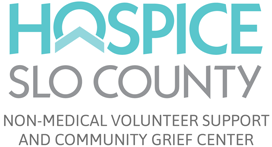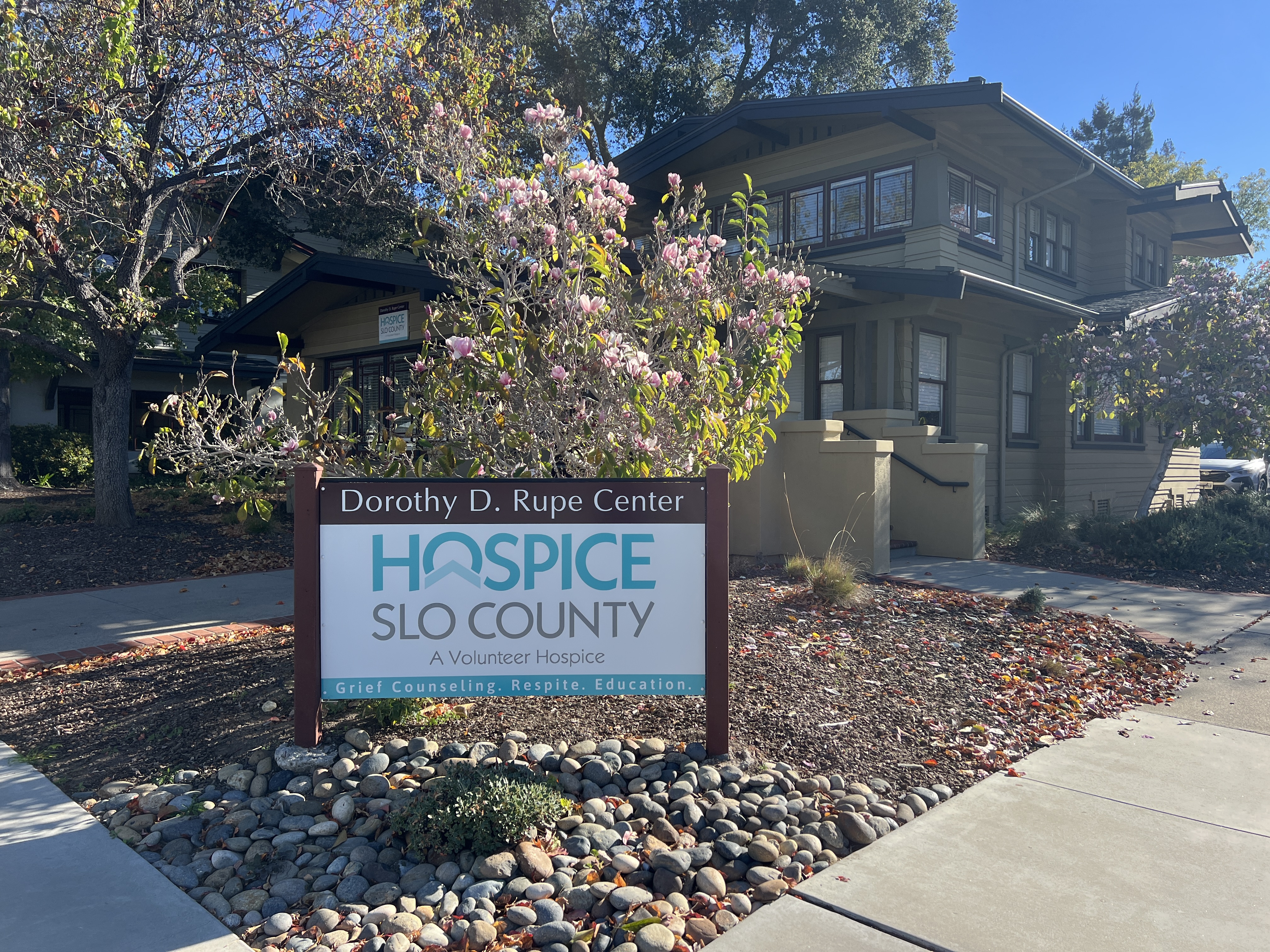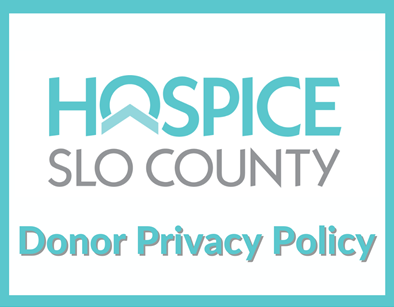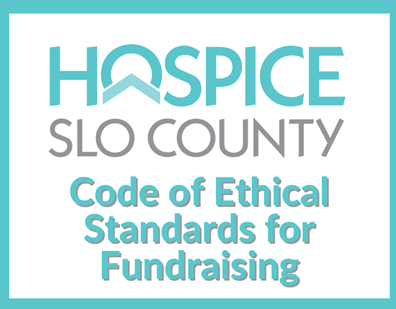1st Annual 'On This Side of Goodbye'
Submissions are now closed. We are proud to announce our Featured Entrants!
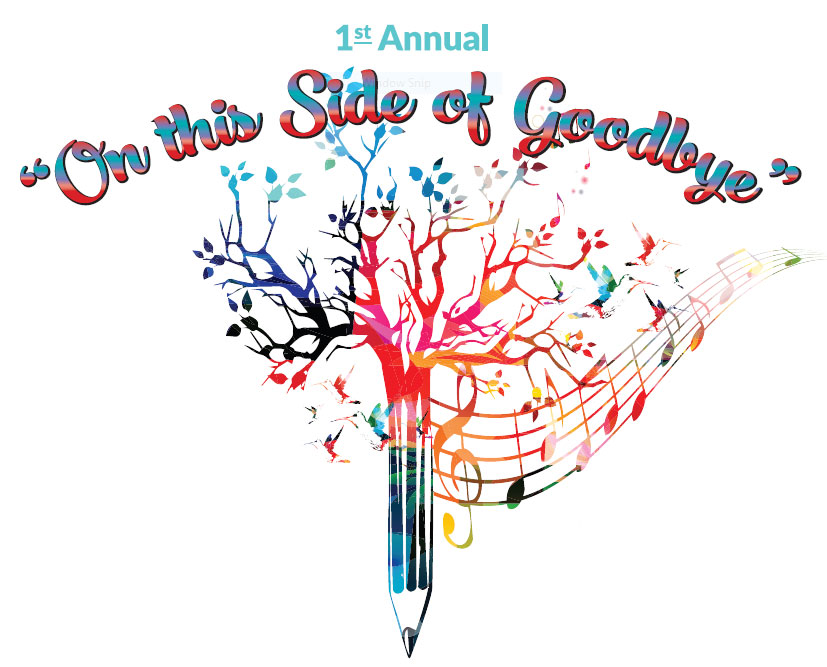
In recognition of Healthcare Decisions Day
How do you say goodbye…? Experiencing the death of someone in our life is unique for every one of us. We may say goodbye with love, regret, forgiveness, anger, or even humor. We may find ourselves touched or challenged in unexpected ways. We may have time to prepare with the dying person – or no time at all. And for some of us, we may find that saying goodbye is not one moment, but a process that continues after someone has died.
In recognition of Healthcare Decisions Day (Monday, April 16), we invite you to share your experience with saying goodbye to a dying person in your life. Your words, art and perspective will help spread awareness about the importance of advance care planning and some of the many ways of saying goodbye in times of dying.
Take the time to create and remember. We welcome your story.
We are proud to announce the following entries have been chosen to be featured on our website!
Mom and Dad’s Legacy:
A Reflection in Honor of National Healthcare Decisions Day
By Lisa Nikaido Arakaki
April 11, 2013. Just five days after accompanying Dad back from interring Mom’s ashes in our home state, Hawaii. The text message I fired off to my brother (who lives 250 miles away) was succinct: EMERGENCY! Dad in ER; come ASAP.
Minutes earlier, the emergency room (ER) physician had clearly explained Dad’s grave condition and his options. But being extremely hard of hearing, Dad hadn’t heard her words, so I wrote them out on the little white board I used to communicate with him. The CT scan showed extensive bleeding in the space surrounding his brain (from a fall earlier that morning in his apartment). The choices were either surgery to drill holes in his skull to reduce the swelling around his brain or return to his assisted living apartment with hospice care.
Dad carefully read the two options, then immediately pointed to the second one. The ER physician, standing at the foot of his bed, had me make sure Dad understood what that second option meant: that he would not survive this brain injury for more than a few days. Dad would receive hospice care until the end of his life, just as Mom had. She had died peacefully in their apartment just two months earlier.
Within minutes my brother was able to consult with the ER physician, Dad’s primary care physician, and then confer with me. As Dad’s designated agents on his advance healthcare directive, my brother and I jointly agreed—without reservation—to honor and respect Dad’s end-of-life decision: his choice not to prolong his life. This felt like déjà vu. We had just been through a similar scenario with Mom five weeks before her death.
Dad’s last four days were spent surrounded by my brother, me, and our families. Dad enjoyed smiles and hugs from all of us and savored every bite of his favorite Hawaiian foods: poi, lomi salmon, kalua pork, and haupia.
He died peacefully on Tax Day, nine days shy of his ninety-first birthday. His primary care physician came to the assisted living residence where our parents had lived since they moved to the Central Coast in 2011. She commended my brother and me for respecting both parents’ end-of-life wishes. She also told us that if she could have, she would have listed “broken heart” as Dad’s cause of death. It was clear to everyone who knew my parents that Dad was lost without his beloved wife of sixty-two years, whom he had just laid to rest back home in Honolulu two weeks earlier.
The ER physician called me a few days later. Like my parents’ primary care physician, she acknowledged my brother and me for honoring our dad’s final request, as painful as that must have been for us. She explained that family members often override advance healthcare directives, instead insisting that the ER staff exhaust all medical measures to try to save their loved one’s life. She also related how astounding it was that Dad could button his shirt, carry on polite and lucid conversations, and walk from the bed to the wheelchair unassisted given the amount of intracranial pressure and shifting that had occurred in his brain. I told her that was my dad: strong and stoic. She replied that it obviously runs in our family. I will always be grateful for that caring doctor’s phone call.
Five years have passed since my parents’ deaths. I miss them but realize how profoundly they both influenced my disposition and character, not only through their lives but through their deaths as well. They had their wills and advance healthcare directives in place for many years and updated them mindfully as they aged. They keenly encouraged my brother and me to do the same (which we and our spouses have done). They were not afraid of death. Their fervent desire was to be prepared for their mortality as much as possible; to die without burdening my brother and me. In this quest, both Mom and Dad triumphed. They lived and died on their own terms, with courage and dignity. This is my parents’ legacy, which my brother and I have honored. In recognition of National Healthcare Decisions Day, I reflect on my parents’ legacy with a deep feeling of affirmation and peace.
THIS SIDE OF GOOD-BYE
By Jeff Whitlow
I know
Winds are going to blow
And sun will set
To end the day
I know
Stars will sweep
Across the sky
But I don’t know
How I ended up
On this side of
Good-bye
I know
I can’t let go
Of the way things
Used to be
I know
I will see things
The way I want to see
But I don’t know
How it ended up
With you
Leaving Me
Somedays I can laugh
Most Days I want to cry
Today I’m just staring
At clouds
As they blow
Through the sky
While I can
Only know
Good-bye
OUR LAST RIDE
By Laurel Renz
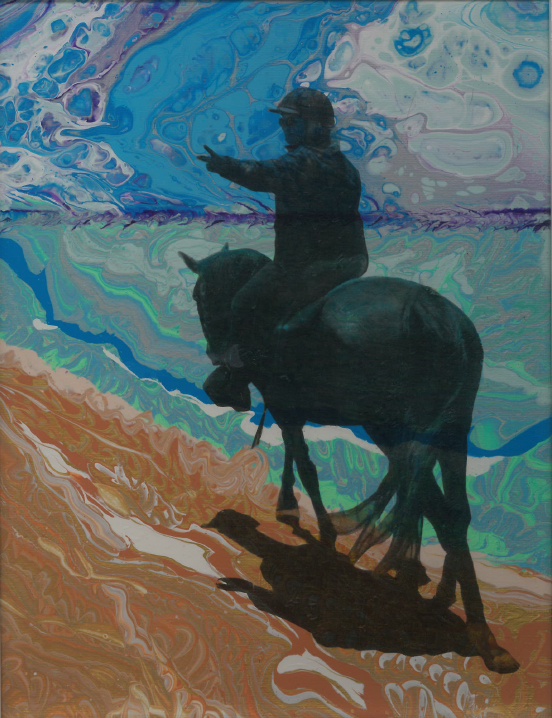
Acrylic on canvas with photo transfer
Artist’s Statement
I am a Pet Peace of Mind volunteer. This past year, my beloved horse Chai passed away suddenly. Just before she died, we went to the beach in Morro Bay and had a lovely ride. A friend took the photo that the painting is depicting. I had no idea it was our last ride.




